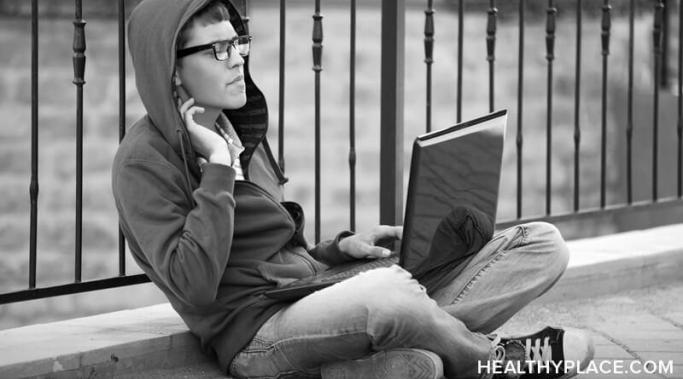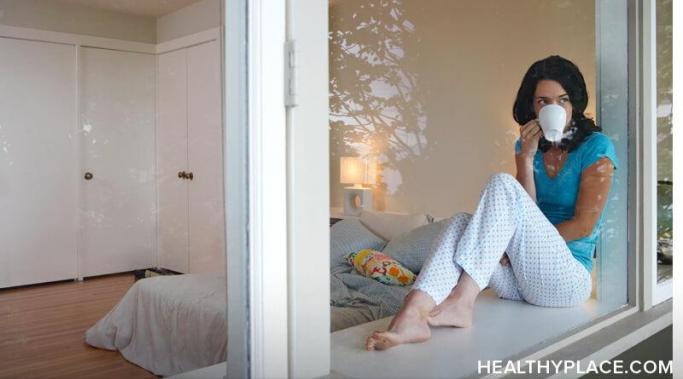Blogs
Depression causes disconnection from ourselves and our loved ones. It often leaves the one diagnosed with depression feeling emotionally detached, while in the process leaving his/her loved ones feeling hurt and confused (Effects of Depression on Family and Friends). There are some warning signs of disconnection in depression that we, as the ones who battle depression, can look for in ourselves; we can also ask our friends and family to help us notice when they appear, too. Once we've learned to recognize the signs of disconnection in depression, we can take steps to start connecting again.
Bipolar depression can last for years. Now, I know, bipolar disorder is a cyclical illness – i.e. you cycle through various states like hypomania, mania, depression and euthymia (no symptoms). This is true. But it is also true that a person can get trapped in one of the mood states. This isn’t necessarily the most common manifestation of bipolar disorder, but it does happen. And usually, if you’re trapped in a particular mood state, it’s bipolar depression that lasts for years.
I stopped hiding my self-harm scars so I could feel free. Let me explain: self-harm insists on making its history known. It leaves evidence of itself on your skin in marks both faint and bold and in times of both struggle and recovery. These self-harm scars can make you self-conscious, remind you of a painful past, and draw unwanted attention. The common impulse among self-harmers and those with a history of self-harm is to hide them. But hiding self-harm scars, for me, just never felt like freedom.
Wanting to stay positive when you're depressed sounds contradictory. It might even sound impossible, but it's not. I fed into my depression for a long time before I realized I could start changing my mindset. In this article, I will share with you some tips I learned along the way to help stay positive even when depressed.
Letting go of borderline personality disorder (BPD) cycles of drama in recovery is important, but difficult. This might seem counterintuitive, but one of the hardest things for me to adjust to on my road to healing is simply learning to adjust to a calm and peaceful life. Those of us living with BPD get addicted to the highs and lows, the chaos, the crises, and the constant upheaval that comes along with living in emotionally intense states. Simply learning to tolerate when life is steady and serene can be a confusing new world, but it is possible to learn to tolerate stability and peace and to let go of the borderline cycles of drama.
Taking responsibility is a major factor in a dissociative identity disorder (DID) system. No matter how one views a DID system -- as individual entities sharing one body, or as a single person with multiple parts -- how to take responsibility for actions and behaviors of alters or parts within the DID system is important. Should each part be held accountable for his or her own actions, or should it be the responsibility of the DID system as a whole?
Do you find that it's hard to make time for self-care? We all have busy lives and play many roles, but if we don’t take care of ourselves and listen to what we need, it makes it harder to take care of the ones we love. When we make time for self-care on a regular base, research shows that most of us begin to develop healthy self-esteem, are more mindful and present, and feel more control over our mental health.
Mental health activism took the place of my political involvement because of my schizoaffective disorder. Schizoaffective anxiety and depression makes it hard to get politically involved, much less politically active. I don’t even watch the news anymore. Donald Trump’s election triggered my schizoaffective depression to the point where politics became a source of extreme anxiety. But I can involve myself in mental health activism.
Although the self-care guidelines for depression can seem simple, when we are dealing with depression, self-care can be difficult. Self-care is “the practice of taking action to preserve or improve one's own health.”1 At a time when we feel like focusing on it the least is actually the time we need to focus on self-care the most since engaging in self-care can help with depression. Look at the following self-care guidelines for depression management. You may discover they're not so demanding after all.









